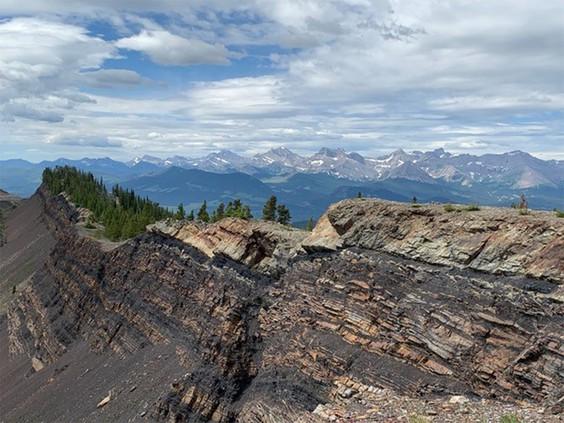EDMONTON—Alberta has decided to cancel recently issued coal leases in the Rocky Mountains, as public opposition grows to the United Conservative government’s plan to expand coal mining in the area.
Late Monday afternoon, Energy Minister Sonya Savage issued a press release saying the sale of 11 recently purchased coal leases would be cancelled. Savage added that no further leases would be sold on lands that were protected from open-pit mines under a policy the government revoked last May.





